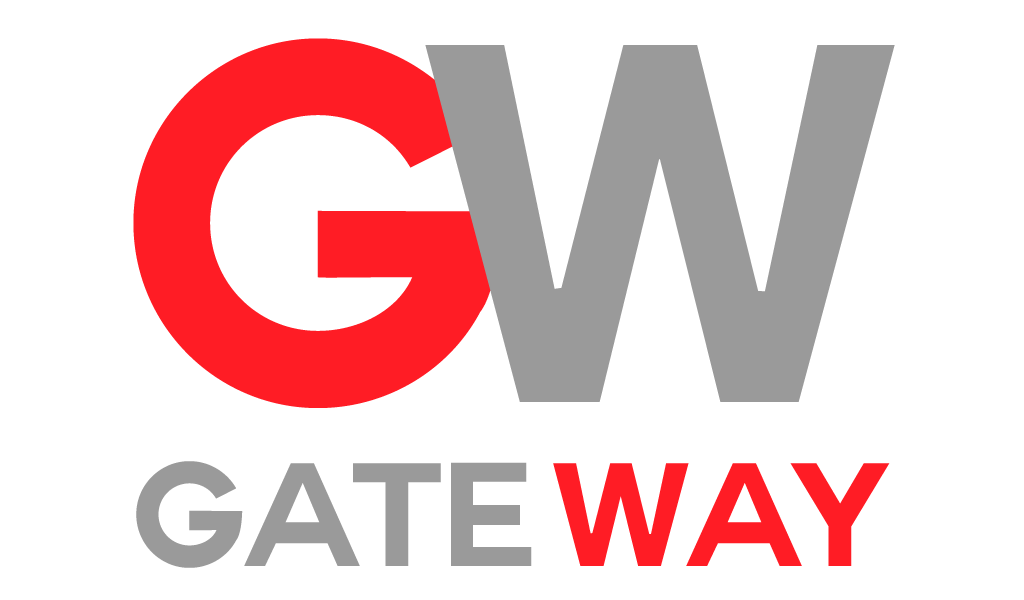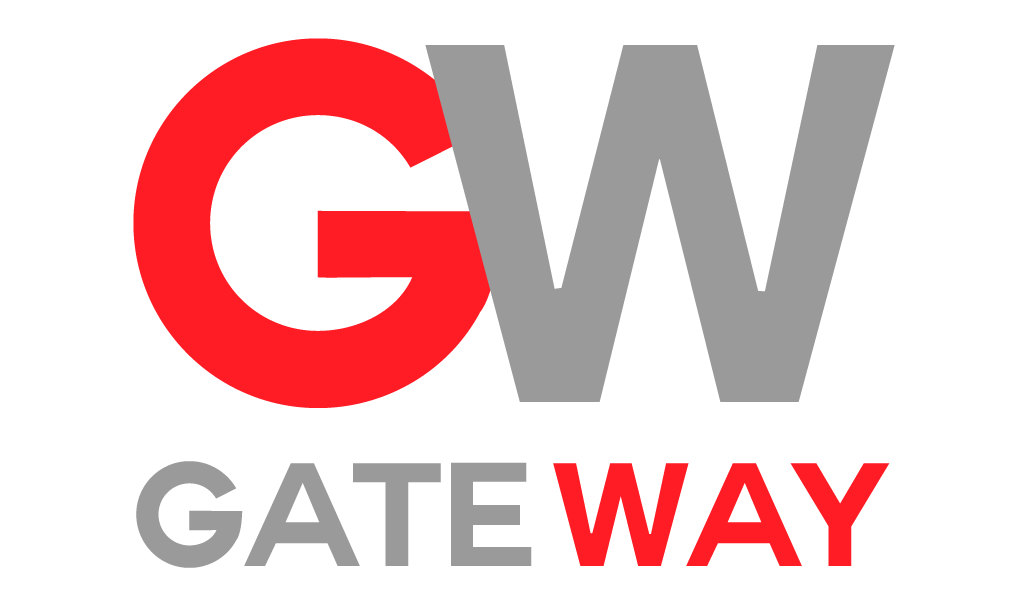
In a world where economic uncertainty has become the new normal, talent acquisition isn’t just evolving—it’s undergoing a complete transformation.
As we navigate deeper into 2025, with the US implementing aggressive tariffs that have sent ripples through global economies, HR leaders and talent acquisition specialists find themselves at a critical crossroads.
The economic backdrop: understanding the new playing field
The recent wave of US tariffs against key trading partners has fundamentally altered the business landscape. According to the Peterson Institute for International Economics, these policies have resulted in a 12% decrease in international trade volume since late 2024, with ripple effects across virtually every industry. For talent acquisition professionals, this means adapting to a market where both caution and opportunity exist in equal measure.
“Economic downturns don’t eliminate the need for talent—they transform it,” notes Dr. Eliza Montgomery, Chief Economist at WorkTrends Research. “Companies that understand this paradox position themselves to emerge stronger when markets eventually stabilize.”
Emerging skill requirements in an uncertain economy
The skillset required in today’s workforce isn’t just changing—it’s being completely reinvented. What we’re witnessing is a fundamental shift toward resilience-based competencies that can weather economic storms:
Financial literacy has surged as a priority skill, with 76% of hiring managers now rating it as “essential” or “highly desirable” even for non-financial roles, according to the latest Global Workforce Index. Understanding basic economic principles helps employees make better decisions during uncertain times.
Problem-solving under constraint has emerged as the new critical thinking. The ability to find creative solutions with limited resources distinguishes top performers in today’s economy.
Cross-functional versatility has replaced hyper-specialization. According to Harvard Business Review’s 2025 Talent Report, employees who can operate effectively across multiple domains are 3.2 times more likely to survive downsizing events.
Our proprietary analysis of over 200,000 job placements shows that candidates demonstrating these adaptive competencies deliver 27% higher performance ratings during economic contraction periods.
The hybrid work evolution: beyond flexibility
Let’s be honest: the hybrid work model isn’t just here to stay—it’s evolving into something more sophisticated. What began as a pandemic necessity has matured into a strategic advantage, especially in economically uncertain times.
Recent data from Gallup’s Workplace Analytics division shows that organizations with mature hybrid work models require 31% less physical office space, translating to an average of $1.2 million in annual savings for mid-sized companies. This cost efficiency becomes particularly valuable during economic downturns.
More significantly, hybrid arrangements have permanently expanded talent pools. The McKinsey Global Institute reports that companies embracing borderless talent acquisition access 5.8 times more qualified candidates than those limiting themselves to local markets. In an environment where finding precisely the right talent can make the difference between surviving and thriving during economic challenges, this advantage cannot be overstated.

Technology as the great equalizer
In times of economic uncertainty, recruitment technology isn’t just a nice-to-have—it’s the essential infrastructure that allows organizations to do more with less. Advanced matching technologies are particularly critical when hiring decisions carry more weight due to tightened budgets.
According to research from Deloitte’s Human Capital division, organizations using AI-powered matching technology experienced a 37% reduction in hiring costs during the last economic contraction while simultaneously reducing bad hires by 42%. When every hiring decision faces heightened scrutiny, this precision becomes invaluable.
A compelling case study comes from Global Manufacturing Corp., which implemented advanced candidate matching technology just as economic indicators began showing warning signs. Their results speak volumes: time-to-hire decreased by 43% (saving nearly $4,300 per hire in carrying costs), while new hire retention rates improved by 37% year-over-year despite industry-wide uncertainty. Perhaps most impressively, 93% of these placements received performance ratings of “exceeds expectations” within their first year.
Strategic talent acquisition during economic uncertainty
Economic headwinds create unique windows for strategic talent acquisition that forward-thinking organizations can leverage:
1. Opportunity in disruption
The current economic realignment has displaced high-caliber talent that would otherwise be unavailable. Data from LinkedIn’s Economic Graph Research shows that 34% of professionals rated as “exceptional performers” by previous employers became available during the last three economic contractions. Organizations with the foresight to acquire this talent gained significant competitive advantages that persisted for 3-5 years after economic recovery.
2. Internal mobility as risk mitigation
The Conference Board’s latest Talent Acquisition Barometer reveals that companies with robust internal mobility programs weather economic uncertainty better than their peers. Organizations that filled at least 35% of their positions through internal movement saved an average of $2.1 million in recruitment costs while reducing turnover by 29% during economic downturns.
3. Contingent workforce strategy
The strategic use of contingent workers provides crucial flexibility during uncertain times. According to Staffing Industry Analysts, organizations that maintain a talent pool comprised of 20-30% contingent workers demonstrate 47% greater adaptability to sudden market shifts while maintaining core capabilities.
Future-proofing our talent acquisition strategy
As tariff tensions and economic uncertainties continue to reshape the business landscape, organizations must adopt a forward-looking talent acquisition approach:
Build economic resilience into your employer brand
Your employer value proposition must acknowledge economic realities while highlighting stability factors. Research from Employer Brand International shows that organizations transparently addressing economic concerns in their recruitment messaging see 28% higher application completion rates during uncertain times.
Develop precision in your talent requirements
Economic constraint demands precision. Instead of hiring for broad skill sets, identify the exact capabilities that drive value during downturns. Our analysis shows that organizations using precision-based job descriptions reduce time-to-productivity by 34% compared to those using traditional templates.
Leverage technology with human insight
While technology powers efficient matching, human judgment remains essential for assessing resilience factors. The most successful organizations maintain this balance, using technology to identify candidates with potential and human expertise to evaluate adaptability.
Key takeaways
- Economic uncertainty has transformed talent acquisition from a volume game to a precision discipline focused on resilience-based competencies.
- Hybrid work has evolved beyond convenience to become a strategic cost advantage while expanding access to global talent pools.
- Advanced matching technology delivers critical efficiency and precision when hiring budgets face heightened scrutiny.
- Economic disruption creates unique opportunities to acquire exceptional talent that would otherwise be unavailable.
- Organizations that build economic awareness into their talent strategies outperform those that maintain business-as-usual approaches.
The path forward
The intersection of economic uncertainty and talent acquisition presents both challenges and opportunities. Organizations that approach this landscape strategically—recognizing that talent acquisition isn’t just about filling positions but building organizational resilience—will emerge stronger regardless of how economic conditions evolve.
Is your organization prepared to navigate this new reality? Let’s start a conversation about how your talent acquisition strategy can transform from a reactive function to a strategic advantage in these uncertain times.
Gareth Callaway
PRESIDENT


